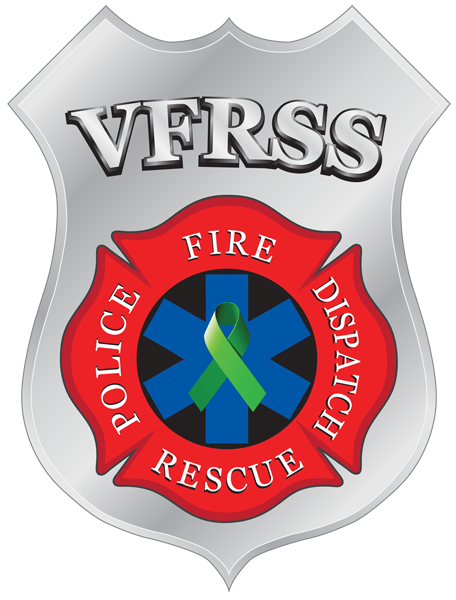Why don’t you teach about CISM in your peer support class? What’s the difference between peer support and CISM? Which is the best approach? These are some complicated questions, and can be some hot button issues, so please bear with me and read the whole post.
We get asked these questions a lot. As the Clinical Director for VFRSS I always defer to the research. Yes, interventions to help first responders have been studied over and over in the scientific community. What have they found?
In a nutshell they have found that a CISM debriefing has a “negative to neutral effect” for the populations it was designed to help. Now, what does this mean? That means that at best it is simply ineffective and at worst may actually be harmful. Once enough research showed this to be the case the World Health Organization recommended that “Psychological debriefing should not be used for people exposed recently to a traumatic event as an intervention to reduce the risk of post-traumatic stress, anxiety or depressive symptoms.”
CISM debriefing has a “negative to neutral effect” for the populations it was designed to help
Let’s unpack this a little. Why would first responders participating in a debriefing be ineffective? Well, the majority of the first responders I’ve met are a surly bunch who would probably rather have dental work done than talk about their feelings, especially in a group, and especially if that group involved an ‘outsider’ who (God forbid) was a mental health professional. They’re most likely not going to open up and talk about the critical incident the way the group intended.
So why would it be potentially harmful to participate in a debriefing? A lot of the first responders we’ve met throughout the state have a natural level of resiliency. If a first responder who is naturally resilient to critical incidents attends a debriefing where others are sharing about how traumatic the call was they tend to have one of two reactions. First, “Why am I not impacted by this call the way everyone else is? Is something wrong with me?” Sounds potentially harmful right? Second, “Holy crap they’re right, that was a really bad call”. Some researchers even go as far as to say that after a critical incident it may be more effective to do nothing than to engage in a debriefing.
The majority of first responders we work and talk with have strong feelings against CISM debriefings because their department combined debriefings with hot-washes, or after action reviews. So lets get a group of people who just went through a critical incident together to talk about how they’re handling the call and then let’s talk about what everyone did correctly, what they did incorrectly, whose fault it was, and how to fix it. Yeah. Please don’t do that! Keep those two things completely separate!
There are other aspects of CISM that individuals may find helpful.
Now, you’ll notice I focused on CISM debreifings above. There are other aspects of CISM that individuals may find helpful. CISM can also offer individualized one-on-one support, diffusings, and other support structures that team members have to be specifically trained in, but almost all of the departments we’ve worked with across the state are unaware of that. If CISM is to remain a relevant intervention for first responders it seems like a lot more education needs to happen regarding what CISM can offer. CISM team members should also work to break the stigma first responders have against CISM because it’s rampant state-wide in both volunteer, career, civilian, and federal first responder programs.
What should you take away from this? Educate yourself. Learn all you can about anything that might be helpful for your department. Maybe a combination of peer support and CISM support structures would work best? Maybe add a dash of information from CIT or ASIST….but always keep learning.
If you would like the specific scientific research articles highlighting the information I mentioned please let me know. If you have any specific questions regarding the information shared please email us at VFRSSDirector@gmail.com.



